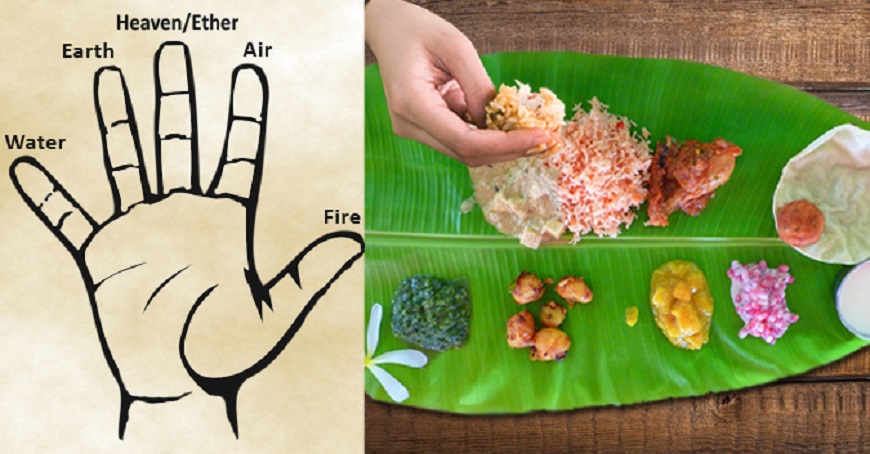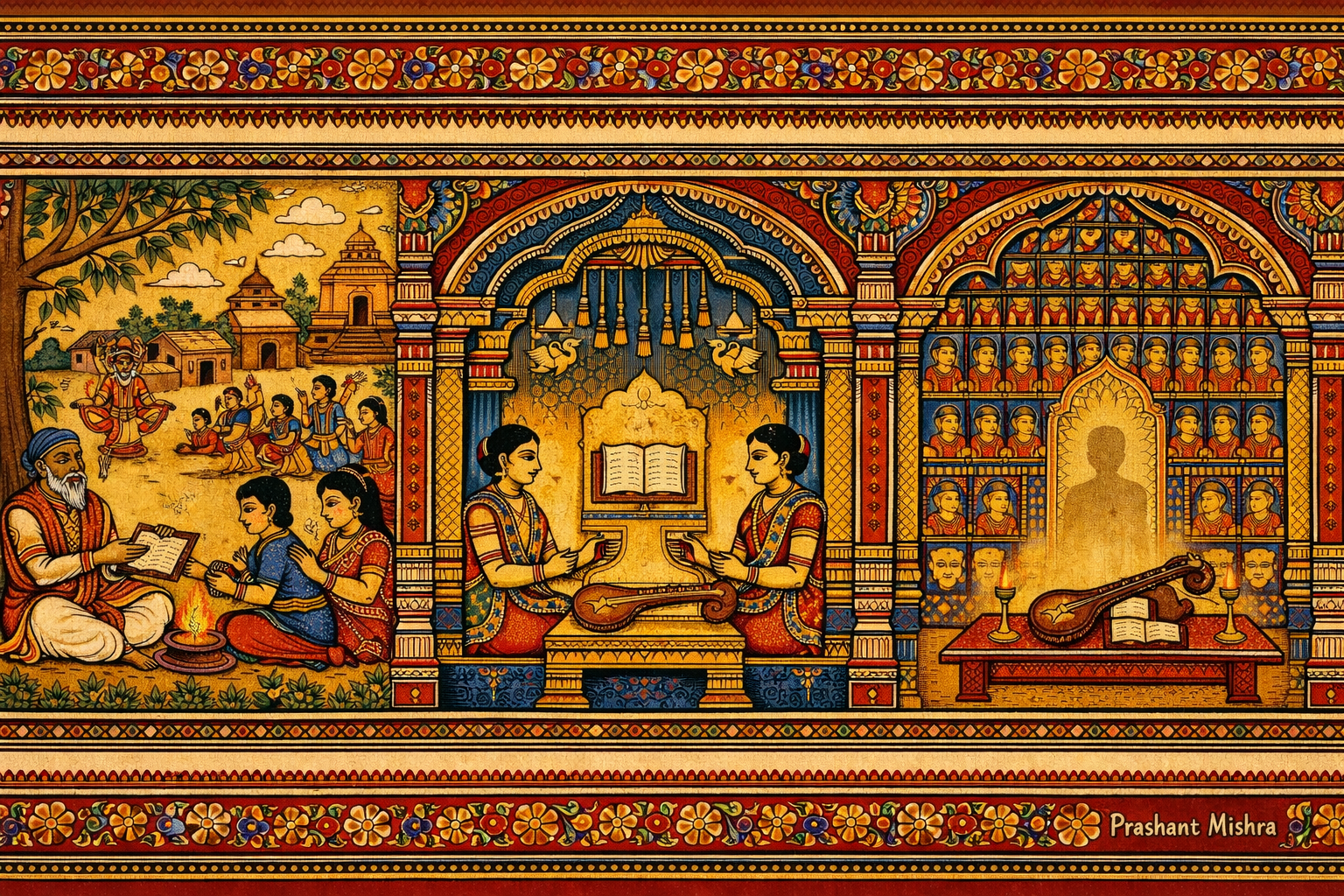
Pride & Prejudice: My way of Eating is better than yours
Traditions and customs are sacred and profound for humans. Whether we like it or not, we invariably live under the auspices of our traditions, consciously or unconsciously. Therefore, when discussing a tradition that is not one’s own, it is wise to maintain “political correctness” and formal politeness. At least, this is my philosophy.
However, sometimes we meet folks who not only lack the understanding or appreciation of another culture or tradition but also view it from the prism of their own background, which obviously they hold in very high esteem. Whatever the reason, these kinds of people make terrible company.
I was at a cosmopolitan dinner some time ago when an invitee brought up the topic of eating habits. She has travelled around the world and to India. I sensed that she didn’t have very high regard for Indians in particular or India in general. Exploring the reasons for this could be the focus of a future article.
Coming back to the dinner, she animatedly explained to the other guests how she was amazed to see Indians eating with their hands. She ranted about how unhygienic and filthy the entire exercise looked and explained in gross details how she was disgusted with it. The conversation then veered off into the virtues of using silverware. If the situation warrants, I too am adept at using forks and knives, but being the only Indian at the table, this “eating tradition” conversation had me squirming in my chair. I believe that situations like these can actually be helpful in understanding how world society works, the way our society works, and how we should deal with the inherent differences.
India is a remarkable country, and I don’t say that because I am Indian. I say that because I observe India as a “country” from a third-party point of view, and what I see amazes me to no end. Scan across the globe, and India would perhaps be the only country that would be the dream subject of any “simplexity” theorist. The number of traditions, cultures, attitudes, and behaviors that this country displays can have the best of anthropologists gasping for breath. But I digress.
When it comes to eating with hands, most of the time we, the Indians, say that it’s a way we've followed since ancient times. Some of us, including myself at the aforementioned dinner, feel embarrassed by this custom. However, most of us are unaware of the underlying reasons for this behavior. After that eventful night, I decided to do research on the origins of this practice. I will try to disseminate what I learned now.
From ancient times, the food and eating habits of any society were mostly governed by its staple produce, maturity, and traditional wisdom. The system of cooking and eating habits is also heavily influenced by the philosophies that said society holds dear.
Ancient India possessed a highly developed culinary tradition, as evidenced by historical accounts and studies. This tradition not only provided specific cooking recipes, but also explained the rationale behind the use or non-use of certain ingredients in a particular dish. These accounts also specified how the founders of these traditions took the pain of explaining what effect the consumption of a particular type of food had on the human body and psyche, thus laying the foundation of theories such as “prevention is better than cure” and “healthy mind, healthy body." These scientific inquiries, which were performed more than 4000 years ago in ancient India, have only recently begun in the developed world of today.
Ancient Indian philosophers believed strongly in a universal cosmic energy source from which all things are produced and, when destroyed, would return to it. They believed in the “panch tattva,” or the five elements that combine at varying levels to create humans, animals, and vegetation. They also believed that the Indriya, which is Sanskrit for “agent, sense organ,” was the means by which the human body-maintained balance with the cosmic energy all around it. The five agents of perception are: hearing, touch, sight, taste, and smell. And the five agents of action are speech, grasp (by means of the hands), movement, excretion, and generation.
Aahara, which is Sanskrit for food, or that which nourishes, is the means to sustain the body. The ancients knew about the metabolic processes performed on food and knew that the final product of such a process was the creation of energy. Which, in plain speak, would mean energy to sustain the energy.
Considering this understanding, they concluded that the process of eating should involve the participation of the five agents of perception so as to harmonize it with the cosmos, the life force, and the vessel of the life force, which is the human body. And therefore, achieve the full benefits of the food.
When we eat, our senses of sight, taste, smell, and touch are all involved. We can see what we are eating, experience the aroma of the food, hear our teeth crunching or crushing the food, and come into "direct" contact with the food through our hands. Therefore, the correct and combined participation of all the senses of perception provided the right medium and practice for creating the energy to maintain the vessel of the life force. While the first four perception senses—sight, smell, taste, and hearing—are obvious and hence not noticed, the fifth, which is touch, is something that is very visible. Therefore, we have the tradition of eating with our hands and not using any accessories.
India is a rapidly advancing country, both in terms of economics and world politics. And so, there is bound to be resistance from the other players on the field. We should not interpret this as hostility, as it is a natural reaction. This resistance psychosis comes partly due to a lack of complete knowledge and partly due to inherent insecurity. Any country or society in the world, no matter how advanced, suffers from insecurity and a fear of unknown people or cultures. To mitigate such insecurity or fear, the basic reaction is flight or fight. This is what most Indians face when they move into societies other than their own.
Understanding the source of the reaction, responding assertively yet politely, and never becoming overwhelmed are the ideal ways to handle such situations. Sometimes reticence and humility are misread as weaknesses, which can be counterproductive for future engagements with the party concerned. Therefore, the approach should be to combine the potency of self-knowledge, the power of assertion, and the balm of humility to react to such uncomfortable situations. This has worked for me till now; I hope it works for you as well.


